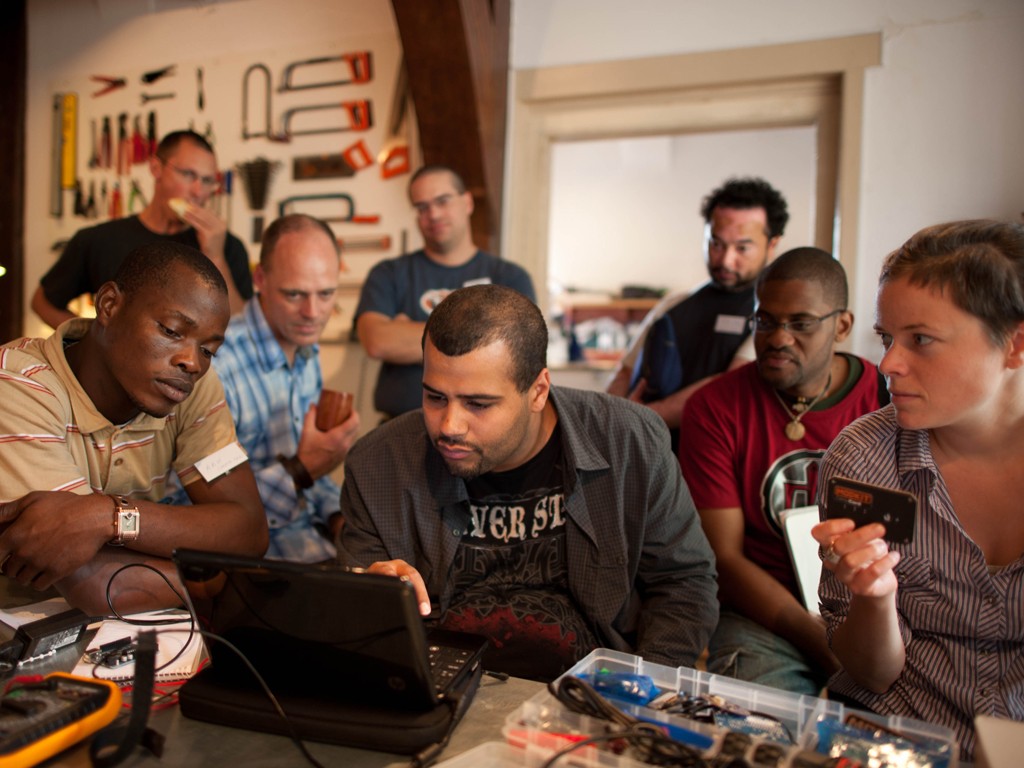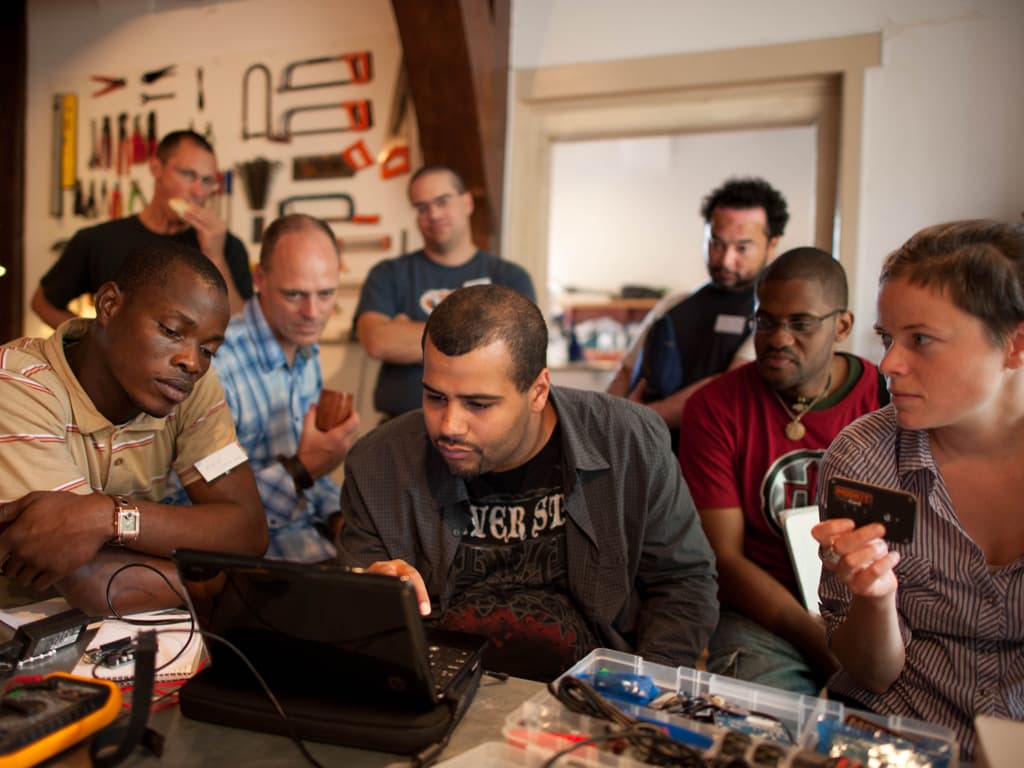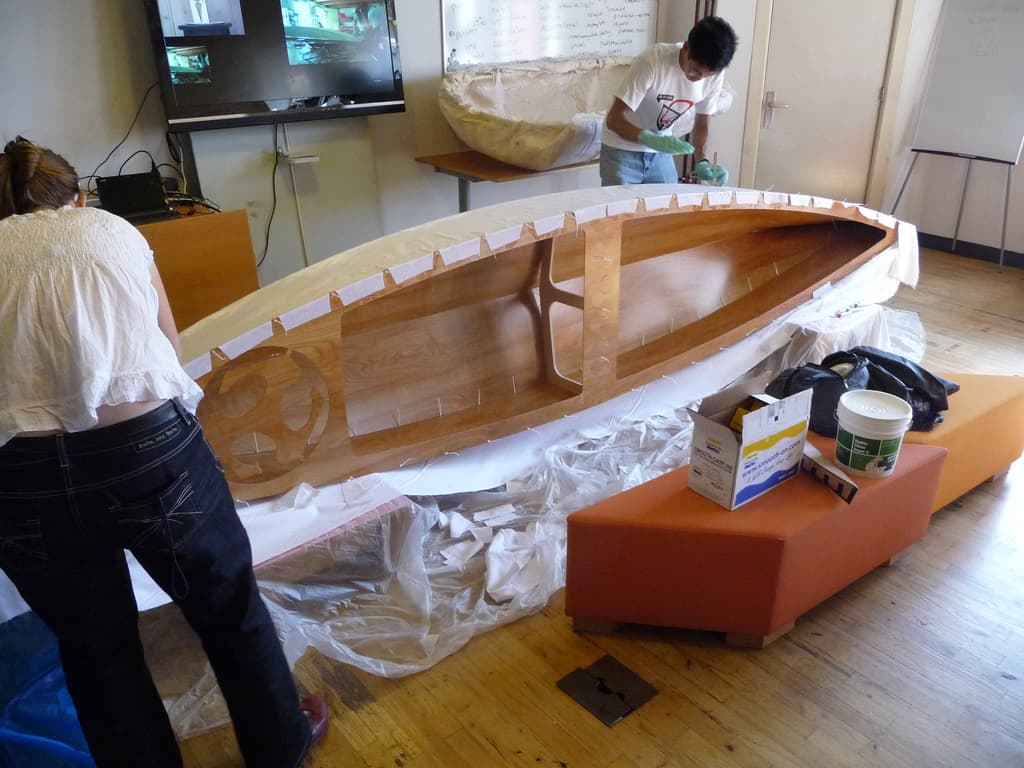
FAB6: Industrial [R]evolution
The FAB6 Conference was held at the Waag in Amsterdam and several other locations in The Netherlands.
FAB6 brought together delegates from the global Fablab community reaching from the USA to Afghanistan for tutorials, hands-on projects, program discussions, and research planning in areas including sustainability, intellectual property, bio-technology and open source models like in Open Design.
Like communications and computation have made the transition from analog to digital, laboratory research is leading to the development of fundamentally digital fabrication processes in which programs don't just describe things, they are things.
The digitalization of fabrication enables its personalization, allowing anyone to make anything, anywhere. Fablabs began as an outreach project from CBA, to provide access to prototype tools for personal fabrication. They've since grown into a global network, with the number of labs doubling roughly every 1.5 years. To keep up with this growth, a non-profit Fab Foundation, for-profit Fab Fund, and educational Fab Academy are being established.
FAB6 followed earlier events in India, the USA, South Africa, and Norway. This year’s conference was organized by Waag, SURFnet, The Royal Netherlands Academy of Arts and Sciences, The Amsterdam Innovation Motor, and MIT's Center for Bits and Atoms (CBA).
A special symposium, held on August 19th, 2010 surveyed the science behind digital fabrication, and explore its social, economic, and educational implications. It featured presentations from academic, governmental, and industrial leaders, as well as grass-roots inventors and organizations. One of the lecturers was Neil Gershenfeld, Director of the center of bits and Atoms (MIT Boston), founder of Fablab.


Meta data
Project duration
Links
Financiers
- Amsterdam Economic Board
Partners
- SURF
- KNAW
- MIT